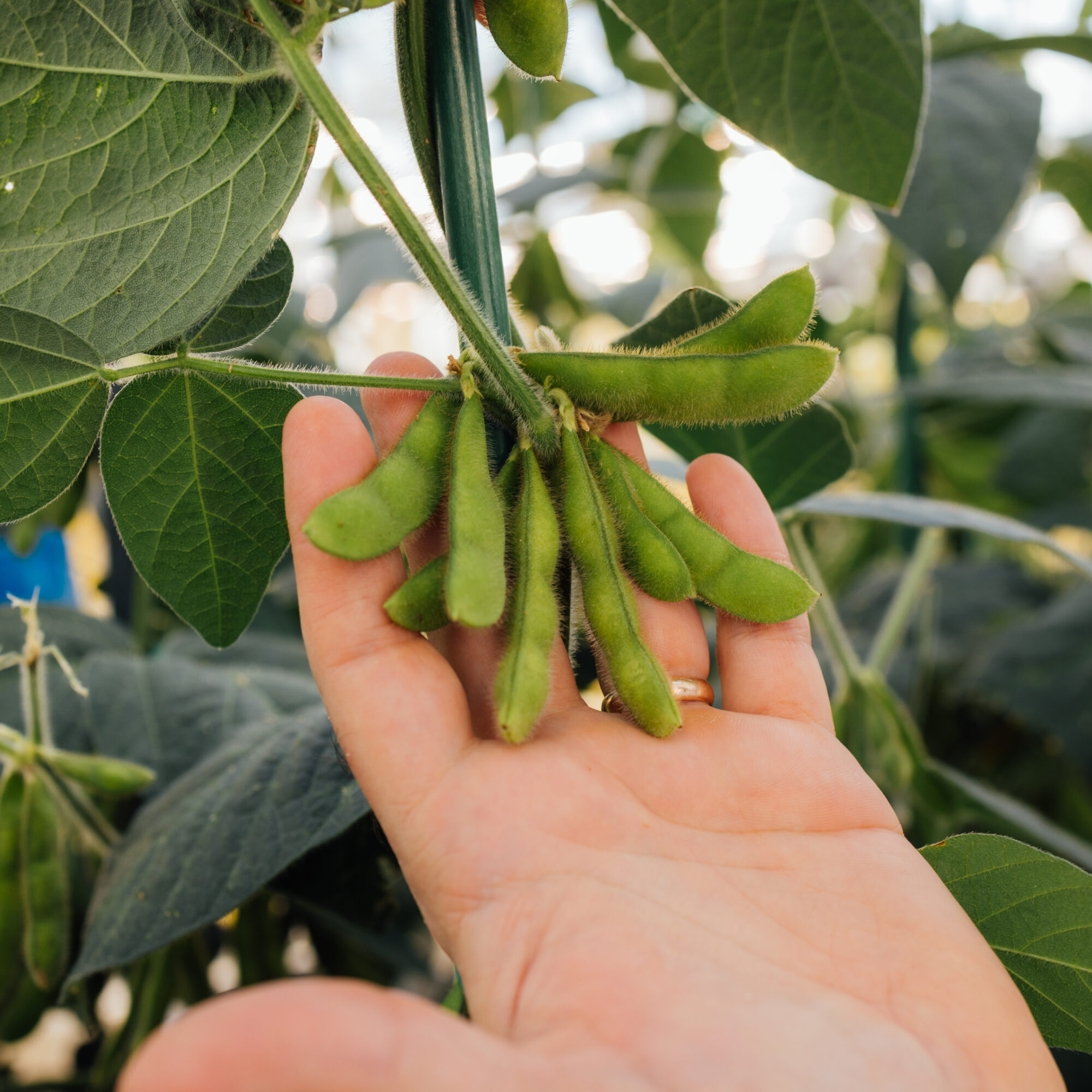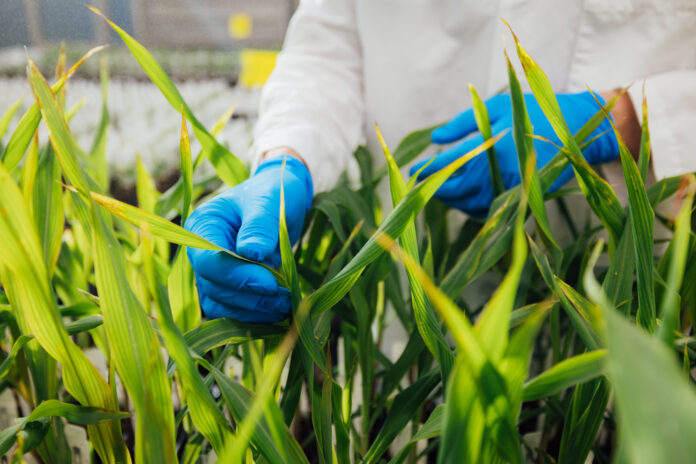Sub-Saharan Africa faces growing challenges to food security as shifting weather patterns, soil degradation and resource constraints disrupt traditional farming systems. Rising temperatures of just 2°C can reduce crop yields by up to 25% in key regions, underscoring the urgent need for climate-smart agriculture.
The UN Food and Agriculture Organization (FAO) estimates a 45.6% increase in malnourished people across the region since 2012 as extreme weather events regularly disrupt food production, supply chains and seasonal planning. In South Africa, over 60% of the population relies on rain-fed agriculture, leaving smallholder farmers particularly vulnerable to prolonged droughts, erratic rainfall and floods. It is estimated that more than a quarter of South African children under five are stunted due to limited access to nutritious food.
Despite these pressures, agriculture remains a vital contributor to South Africa’s economy and rural development. In 2024 the sector accounted for 3.2% of GDP and supported approximately 800,000 farm employees. Livestock represents 43% of formal agriculture GDP, horticulture 40% and field crops 15%. South Africa is one of only two food-secure net exporters in Africa, alongside Morocco, with agricultural exports valued at $13.7 billion in 2024, 12.4% of total 2024 South African export value of US$110.5 billion.
Corteva Agriscience is actively contributing to food security in South Africa by addressing production challenges through innovations that increase productivity while using fewer resources. Maize production technology and agronomic practices have enabled South African farmers to achieve a 36% yield improvement over the past decade, producing 3 million more tons of maize from 200,000 fewer hectares.
The company invests heavily in research and development, with over $6 billion globally in the past five years. In South Africa, research hubs in Delmas and Potchefstroom conduct experiments at more than 100 locations, collecting over five million data points annually to ensure resilience to drought, disease and other local stresses. Cutting-edge technologies such as drones and predictive analytics support the selection of products adapted to local environmental conditions.
One of Corteva’s core values resides in “Building together,” which acknowledges that a partnership approach is needed to be successful in supporting the agriculture industry. Guided by this value, the company recognises that success depends on collaboration across the sector. As a South African business, Corteva remains committed to supporting transformation by investing in capacity building, enterprise development, social upliftment and strategic industry initiatives.
Skills development is central to this approach. The company offers bursaries, internships, graduate opportunities and the SoilSista programme for rural women. Each year 20–25 graduates gain 12-month internships across engineering, agronomy, business analytics, finance and human resources, providing practical industry experience.
Corteva also emphasises the critical role of modern and supportive regulatory frameworks in enabling innovation, protecting markets and ensuring equitable access to technology. Well-governed regulation must balance environmental and consumer safety with intellectual property and patent protection to encourage ongoing investment.
South Africa was among the first countries globally to adopt biotech maize in 1998, only two years after the United States. This early adoption gave farmers access to advanced traits and germplasm. Today, South African maize yields average 5.7 tons per hectare, significantly higher than the Sub-Saharan average of 2.2 tons, showing the benefits of a strong regulatory environment and the disparities where access to technology remains limited.
Corteva remains committed to building resilient food systems capable of meeting the nutritional demands of a growing population. Its strategy focuses on technology-driven productivity improvements in core crops such as maize, sunflowers, soybeans and canola while investing in crop protection, biologicals and sustainable agricultural practices. Through ongoing partnerships, innovation and knowledge sharing, Corteva aims to support both commercial and emerging farmers, contributing to a more secure and sustainable agricultural future for South Africa.








